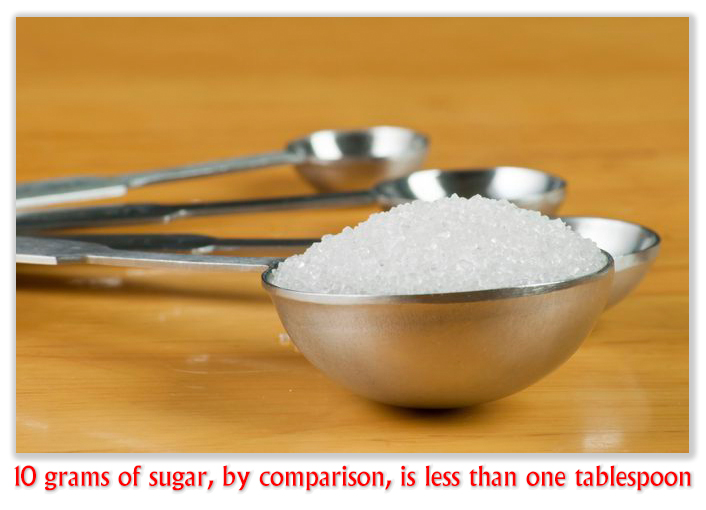We post news and comment on federal criminal justice issues, focused primarily on trial and post-conviction matters, legislative initiatives, and sentencing issues.
USSC STUDY OF FAIR SENTENCING ACT RELEASEES SHOWS NO DIFFERENCE IN RECIDIVISM
 One of the primary complaints lodged by Attorney General Jefferson Beauregard Sessions III against sentencing reform is that all sorts of hardened criminals will be getting out of prison early to wreak havoc on society. Unsurprisingly, a U.S. Sentencing Commission study released last week refutes that claim, and suggests that the AG’s opposition to retroactive sentencing cuts is a fact-free position.
One of the primary complaints lodged by Attorney General Jefferson Beauregard Sessions III against sentencing reform is that all sorts of hardened criminals will be getting out of prison early to wreak havoc on society. Unsurprisingly, a U.S. Sentencing Commission study released last week refutes that claim, and suggests that the AG’s opposition to retroactive sentencing cuts is a fact-free position.
In the Anti-Drug Abuse Act of 1988, 2010, Congress panicked its way into a terrible piece of legislation that, among other things, considered crack cocaine such a scourge that defendants possessing it were punished as though they possessed 100 times the amount of cocaine. Back then, if you were caught holding 5 grams of crack, you were sentenced to the same time as someone with a kilo of cocaine in his backpack.
 The effect of the ADAA was to pack the federal prisons with black inmates, because overwhelmingly, the users of crack – which was cheap compared to cocaine powder – were the urban poor, and the urban poor are overwhelmingly black. A white college kid with no record, caught peddling a few snorts of coke, maybe 10 grams of powder, faced a 10-16 month sentence. The same kid, black with no record busted holding 10 grams of crack cocaine, got a 51-63 month sentence.
The effect of the ADAA was to pack the federal prisons with black inmates, because overwhelmingly, the users of crack – which was cheap compared to cocaine powder – were the urban poor, and the urban poor are overwhelmingly black. A white college kid with no record, caught peddling a few snorts of coke, maybe 10 grams of powder, faced a 10-16 month sentence. The same kid, black with no record busted holding 10 grams of crack cocaine, got a 51-63 month sentence.
One hardly had to be a math quiz to figure out how the number of black federal inmates skyrocketed, while the amount of underlying criminal conduct pretty much stayed the same.
Over the 20 years following the ADAA, the U.S. Sentencing Commission complained to Congress repeatedly about the unintended racial impact of the ADAA. Finally, in 2010, Congress passed the Fair Sentencing Act, a bill Sessions supported as a senator, that reduced the treatment disparity between coke and crack from 100:1 to 18:1. Now the white kid still got 10-16 months, while the black kid got 27-33 months. Still not perfect, but better.
Responding to the passage of the FSA, the Sentencing Commission amended the Guidelines to reduce crack penalties in the drug table, and permitted people who had already been sentenced to apply for a sentence reduction under 18 USC 3582(c)(2). Now, the Commission has compared the post-release conduct of crack cocaine offenders who were released immediately before and after implementation of the 2011 Fair Sentencing Act Guideline amendment.
 The study, with the unwieldy name of Recidivism Among Federal Offenders Receiving Retroactive Sentence Reductions: The 2011 Fair Sentencing Act Guideline Amendment, asked whether reduced sentences for the FSA retroactivity defendants resulted in increased recidivism, a near-constant warning by Sessions of the effect of any retroactive sentencing reform.
The study, with the unwieldy name of Recidivism Among Federal Offenders Receiving Retroactive Sentence Reductions: The 2011 Fair Sentencing Act Guideline Amendment, asked whether reduced sentences for the FSA retroactivity defendants resulted in increased recidivism, a near-constant warning by Sessions of the effect of any retroactive sentencing reform.
The report said the recidivism rates were virtually identical for both groups: “Over a three-year period following their release… each group had a recidivism rate of 37.9%.” The recidivism for about a third of each group was relatively insignificant court or supervised violations, meaning that only about one out of four people committed a serious offense in the 3 years following release.
FreedomWorks.org, a free-market libertarian organization, said, “The USSC report confirmed long-held beliefs of proponents of retroactivity, and undermine the fear-driven narrative opponents of sentencing reform in their attacks on the impact of retroactivity.”
FreedomWorks, In the case of Fair Sentencing Act retroactivity, USSC report lends resounding endorsement (Mar. 28, 2018)
U.S. Sentencing Commission, Recidivism Among Federal Offenders Receiving Retroactive Sentence Reductions: The 2011 Fair Sentencing Act Guideline Amendment (Mar. 28, 2018)
– Thomas L. Root

